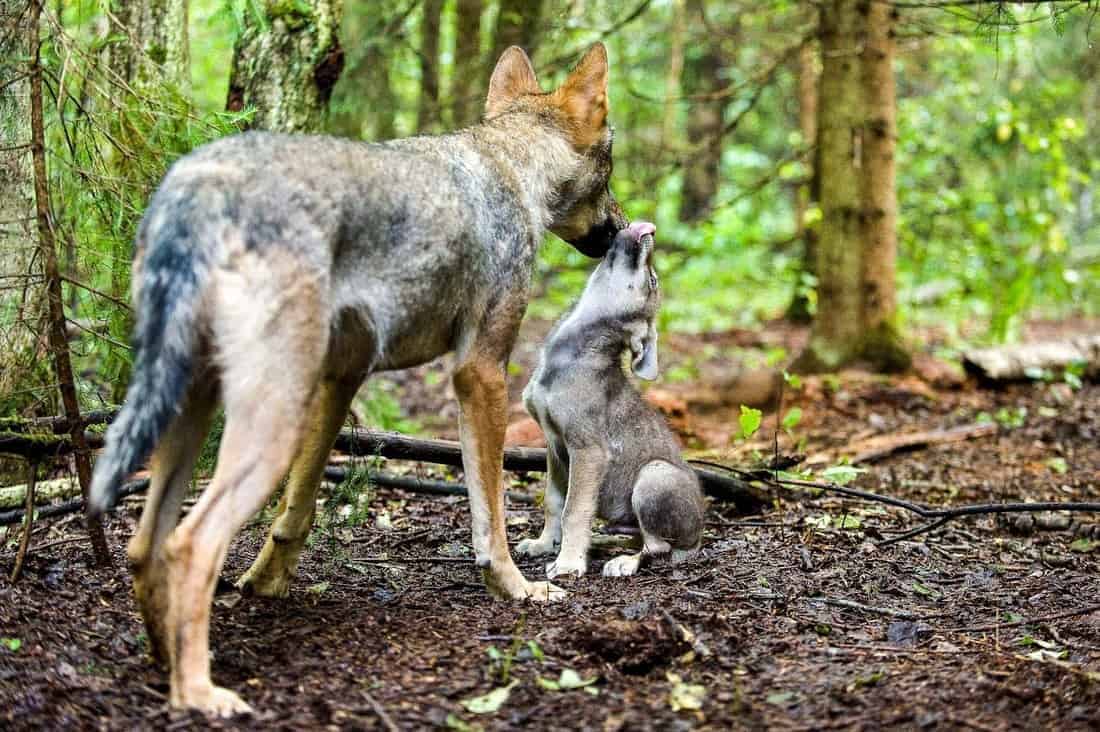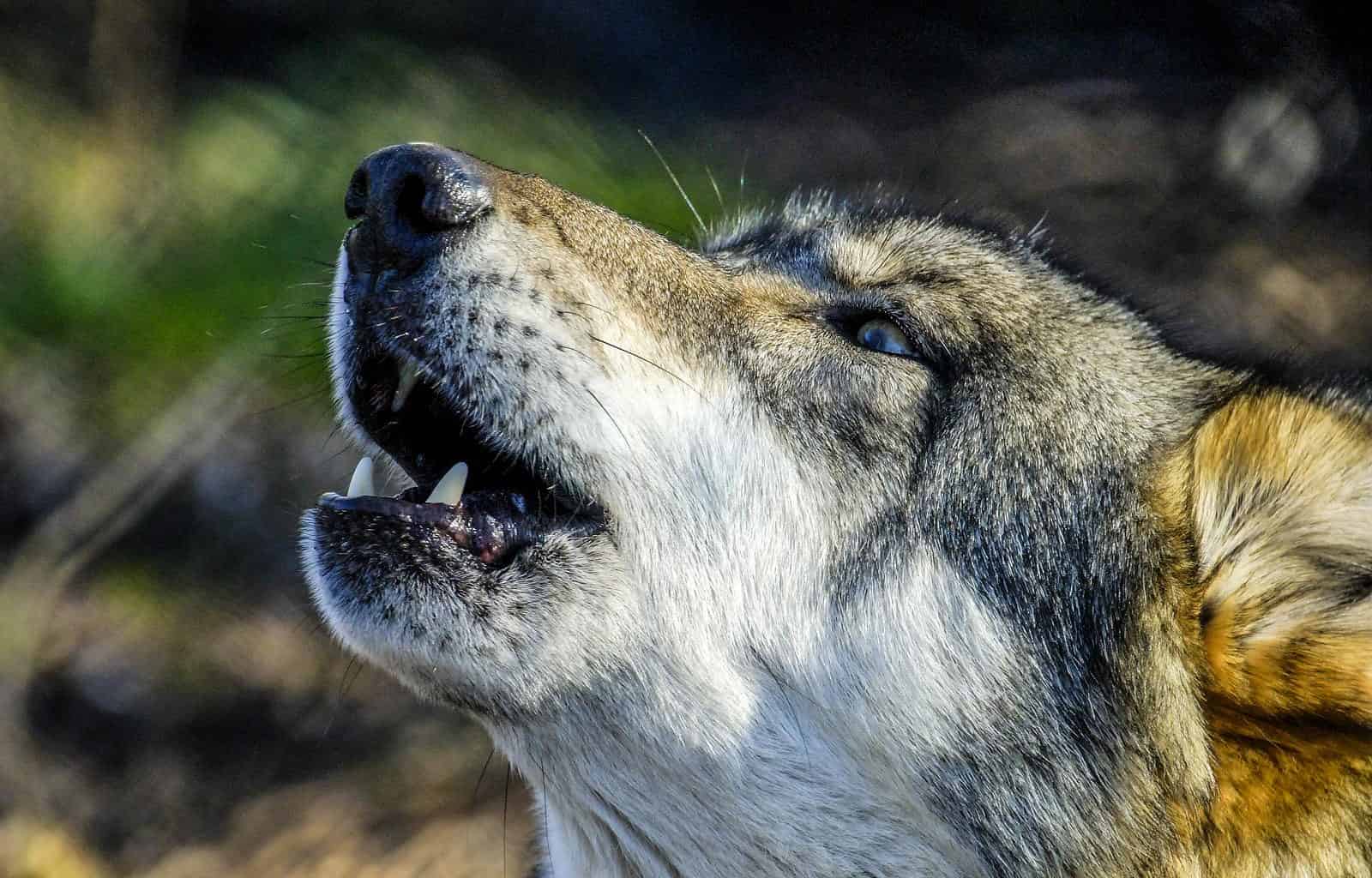Have a DAM good day!
Today we celebrate the International Beaver Day with great news! This year, the Wildlife Trust will release a record number of beavers in the UK. Created in 2009, Beavers: Wetlands & Wildlife (BWW) chose April 7 for the International Beaver Day. The reason is the birthday of Dorothy Richards, a woman who studied these animals for 50 years. April is also the time when beavers emerge from their lodges after several winter months in many northern climates. Thus, this is a great time to hike to a beaver pond and learn more about this amazing nature’s engineer.
2021, a record year for beaver releases in the UK
Beavers became extinct in the UK in the 16th century due to hunting for their fur, meat and ‘castoreum’. However, since the early 2000s, they have been reintroduced at a handful of sites in Britain. This year, the Wildlife Trust is planning to reintroduce a record number of beavers in five counties of Britain, where they have been extinct for over 400 years. This furry dam-building rodent is returning to Dorset, Derbyshire, Hampshire and the Isle of Wight, Nottinghamshire and Montgomeryshire.
The reintroduction project started in 2015, with the River Otter Beaver Trial (ROBT). This five year monitoring project of a wild-living population of beavers, was lead by Devon Wildlife Trust together with Exeter University. The aim was to investigate the beavers’ impacts on wildlife, vegetation, water flow, water quality, communities and infrastructure. In 2020, based on the ROBT report, the UK Government announced the pioneering decision to allow the beavers to stay in their new home.
Last February, Dorset Wildlife Trust released a couple of adult beavers into an enclosed wetland nature reserve in Dorset. Similarly, Montgomeryshire Wildlife Trust released the first officially licensed beavers at its Cors Dyfi reserve in Wales last month. Further, Nottinghamshire Wildlife Trust is planning to release at least four beavers into a large enclosure at its Idle Valley nature reserve over summer, while Derby Wildlife Trust will release two beaver families on a 12-hectare enclosed of Willington Wetland reserve . Finally, and subject to a license approval, Hampshire and Isle of Wight Wildlife Trust also plans to release beavers on the Isle of Wight for the first time.
This isn’t just about the reintroduction of a specie – it’s about the reintroduction of an entire ecosystem that’s been lost.

Why are beavers important for Britain ecosystems?
Beavers are often referred to as “ecosystem engineers” and “keystone species”. This is because they have a disproportionately large effect on the habitats and communities in which they occur. Thus, beavers are our allies in restoring healthy nature to Britain, ensuring a better future for their wetlands and wildlife. By digging canal systems, damming water courses, and coppicing tree and shrub species, beavers create essential natural services that benefit both people and wildlife.
Firstly, dams can capture organic sediments, and reduce the effects of agricultural runoff and chemicals, improving water quality downstream. Further, dams increase biodiversity by benefiting other species, such as otters, water shrews, water voles, birds, invertebrates (especially dragonflies) and breeding fish. Finally, beavers can help combat climate change too. By creating channels, dams and wetlands habitats, beavers decrease damage from major floods and droughts. This is especially important as extreme weather events are increasing with climate change.








it is only a pity that you carefully omit the actual population numbers